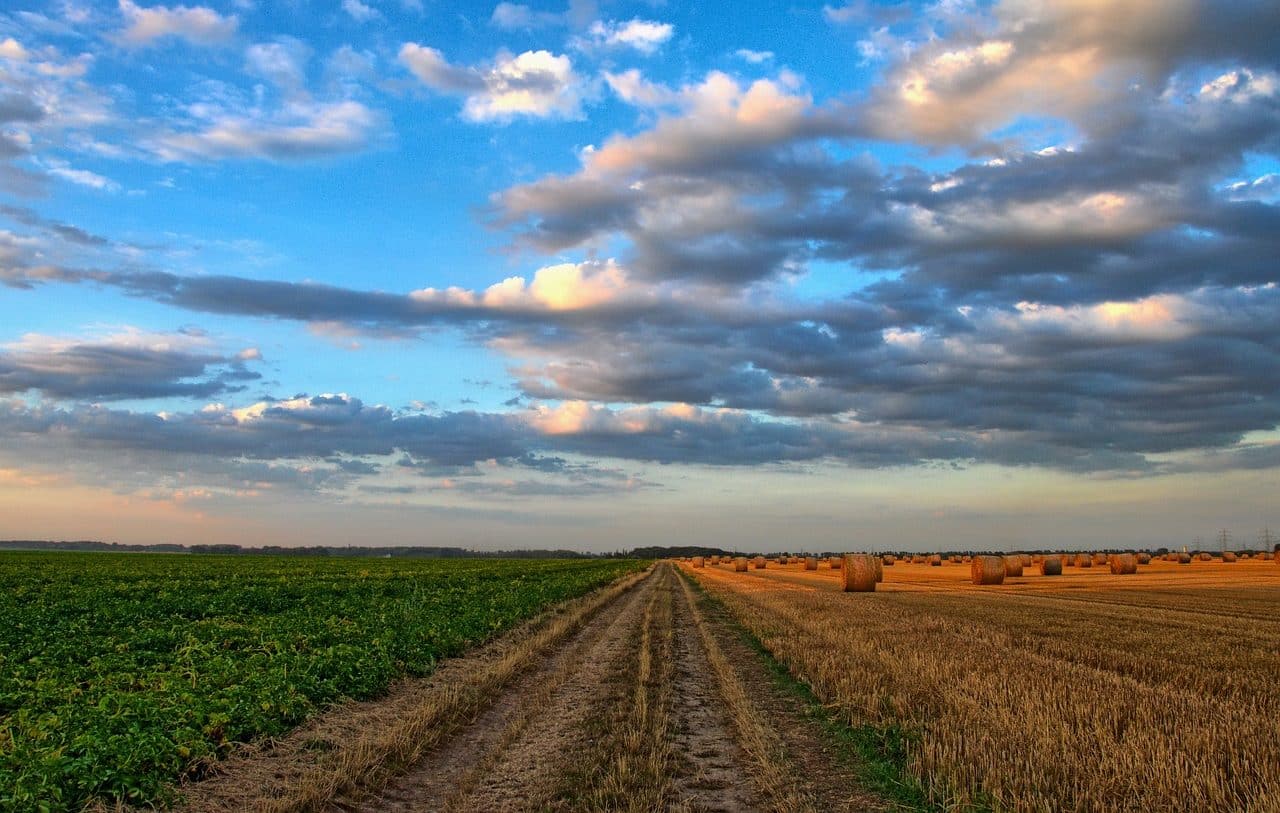
There are usually sulfates in water.
Sulfate is a term that comes from the Latin word sulphur , which can be translated as "sulfur" . This is the salt , whether organic or mineral, that makes up sulfuric acid (a chemical compound with the formula H2SO4 ).
It can be said, therefore, that the salts that form sulfuric acid are called sulfates. These salts are made up of four oxygen atoms surrounding a centrally located sulfur atom .
Interesting facts about sulfate
Other information of interest about sulfate are the following:
- Sulfate can be found in almost all natural waters.
- It is important to determine that an excessive presence of this element in water can cause the person who drinks that drink to go to the bathroom much more than usual. And it has a laxative power.
- The European Union establishes that the maximum sulfate level in water for human consumption must be 250 mg/l . If the amount is greater, it can not only be harmful to health but can also cause the water to taste really bitter when drunk.

There are sulfates that are used in agriculture.
Classification according to type
In the case of organic sulfates , they are developed from an alcohol and sulfuryl chloride with a base or from an alcohol and sulfuric acid. Generally, these types of elements are carcinogenic.
Inorganic sulfates arise from the oxidation of certain sulfides (sulfur plus a radical or chemical element). At a natural level it can be found as barite, gypsum or another substance.
Different sulfates
Aluminum sulfate , for example, is used as a coagulant or as a water purifier. To obtain this sulfate, aluminum hydroxide must be dissolved in sulfuric acid.
Calcium sulfate , whose formula is CaSO4 , is also used as a coagulant. Potassium sulfate or arcanite, for its part, is a crystalline solid that is usually used as an inorganic fertilizer .
Another widely used sulfate is magnesium sulfate . In the field of medicine , it is used to reduce inflammation and relax muscles. Additionally, gardeners and farmers turn to this sulfate when they need to add magnesium to the soil . Thanks to its high solubility , magnesium sulfate is a better option compared to other types of magnesium additives.
In addition to the different types of sulfates already highlighted, we can mention others that are equally relevant:
- Sodium sulfate , also called sodium sulfate , which stands out for being colorless and is used for a long list of functions such as an additive in the manufacture of glass, as a desiccant element in different industries in the chemical sector, as a disinfectant and even as a component in the manufacture of cellulose .
- Ammonium sulfate , which is identified by having the appearance of crystals and a notable white color. As a general rule, it is used as a flocculant and has become one of the perfect allies for farmers when it comes to ensuring that the land is in perfect condition to obtain the best vegetables . It should not be overlooked that it is called diammonium sulfate , ammonium sulfate , dolamin and actamaster .
